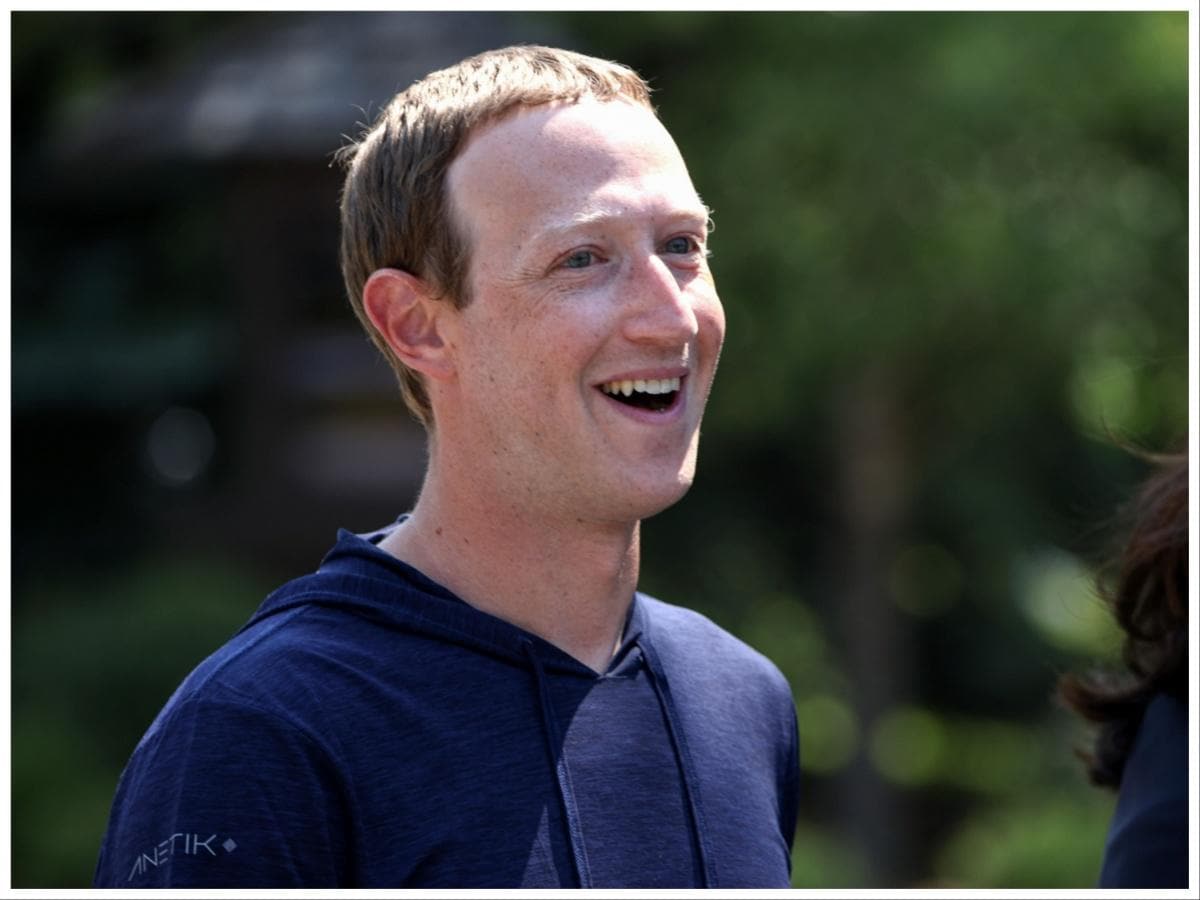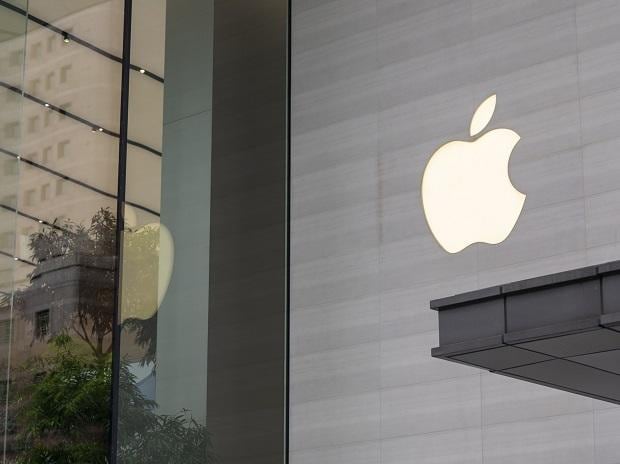Meta CEO Mark Zuckerberg kicked off the tech giant’s Connect developer conference on Wednesday with a focus on virtual and augmented reality and artificial intelligence.
The company, which renamed itself Meta two years ago, unveiled the next version of its virtual reality headset, the Quest 3. It will cost USD 499 and begin shipping October 10.
Standing in a courtyard at his company’s Menlo Park, California headquarters, Zuckerberg told the audience of developers, employees and journalists that Meta is focused on building the future of human connection and painted a near-future where people interact with hologram versions of their friends or coworkers and with AI bots built to assist them.
Soon the physical and digital will come together in what we call the metaverse, he said.
Meta is in the midst of a corporate transformation that it says will take years to complete. It wants to evolve from a provider of social platforms to a dominant power in a nascent virtual-reality world called the metaverse sort of like the internet brought to life, or at least rendered in 3D.
But this transformation has been slower than expected, and Meta’s main business remains advertising on its social media platforms, Facebook and Instagram. Competition with TikTok remains Meta’s biggest challenge, said Insider Intelligence analyst Yoram Wurmser.
A lot of this effort around chatbots and stories and other ways just to keep engagement going (like) AI-driven personalization and stuff like that, that’s the overarching challenge for the company, he said.
Squeezed by a slump in online advertising and uncertainty around the global economy, Meta has cut more than 20,000 jobs since last November. Zuckerberg dubbed 2023 the company’s year of efficiency as it reduces its workforce while focusing on more technical hires such as experts in AI to focus on Meta’s long-term vision.
Artificial intelligence is central to that vision. Over the summer, Meta released the next generation of its AI large language model and made the technology, known as Llama 2, free for research and commercial use.
Much like tech peers Google and Microsoft, Meta has long had a big research team of computer scientists devoted to advancing AI technology. But it’s been overshadowed as the release of ChatGPT sparked a rush to profit off of generative AI tools that can create new prose, images and other media.
Zuckerberg said at the time that people can download its new AI models directly or through a partnership that makes them available on Microsoft’s cloud platform Azure along with Microsoft’s safety and content tools.
Note:- (Not all news on the site expresses the point of view of the site, but we transmit this news automatically and translate it through programmatic technology on the site and not from a human editor. The content is auto-generated from a syndicated feed.))



